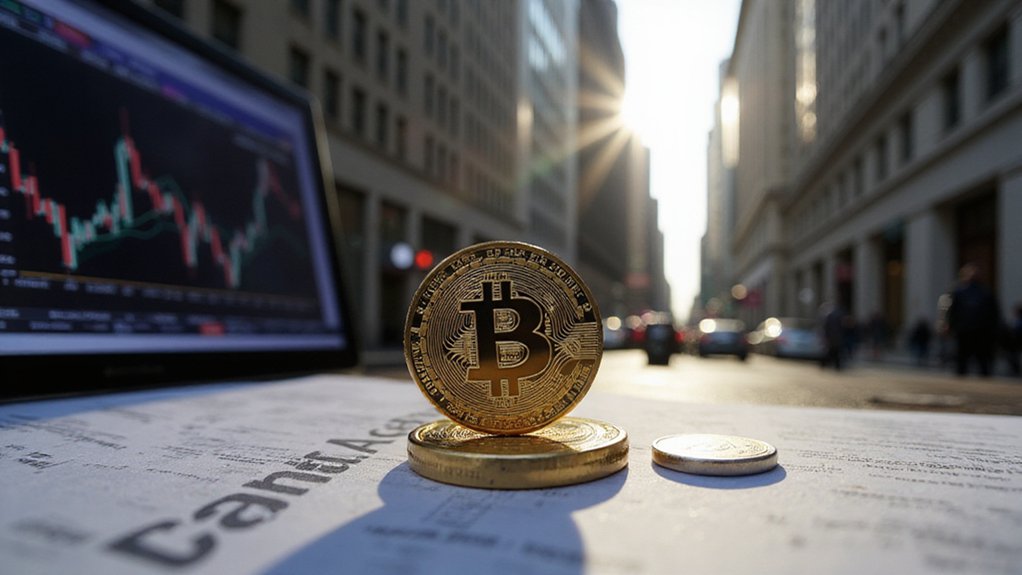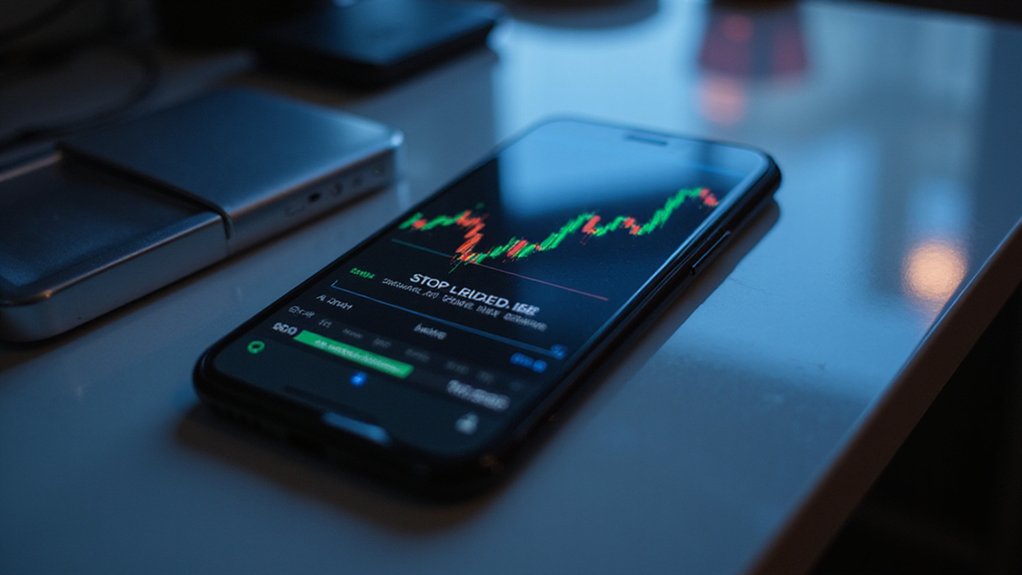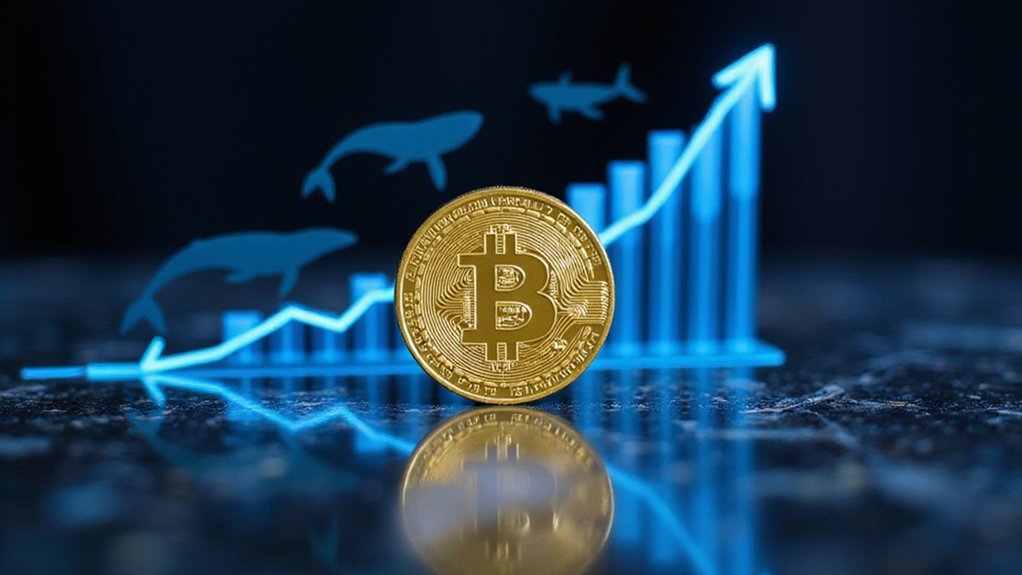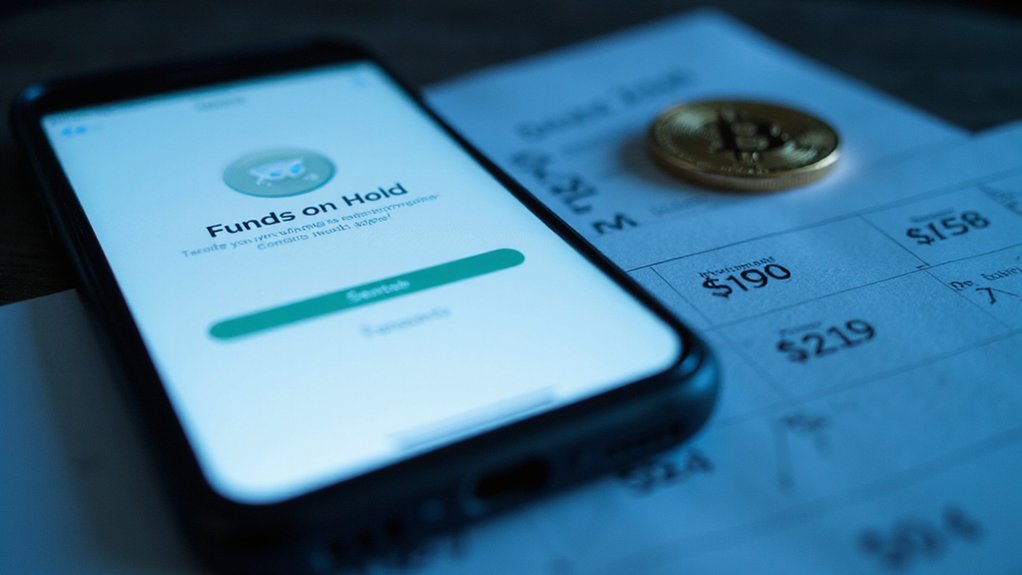Polymarket functions as a blockchain-based prediction marketplace where users trade outcome shares of real-world events using USDC cryptocurrency. Built on Polygon’s network, this decentralized platform allows participants to speculate on everything from election results to economic indicators without traditional intermediaries. The system employs off-chain matching for speed with on-chain settlement for transparency, creating a financial ecosystem where collective intelligence determines prices. The platform’s elegant mechanics reveal themselves fully once you venture beyond conventional wagering paradigms.
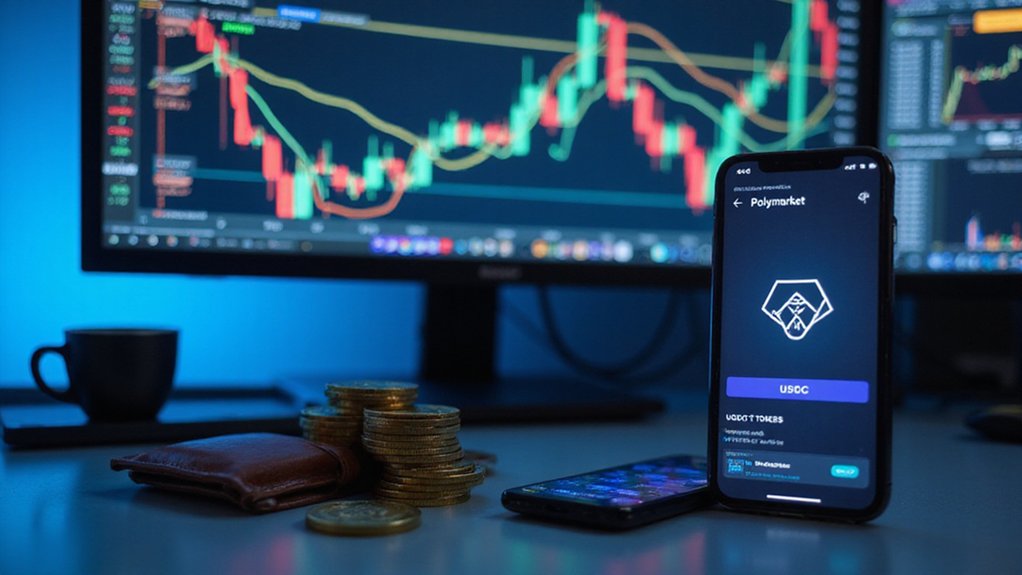
When conventional financial markets seem stifled by institutional gatekeepers, Polymarket emerges as a compelling alternative in the prediction marketplace landscape.
Founded in 2020 by Shayne Coplan and headquartered in Manhattan, this decentralized platform enables users to wager on outcomes across diverse domains—from economic indicators to weather patterns, awards ceremonies to political contests—all without the traditional intermediaries that extract value at every turn.
The mechanics are elegantly straightforward: participants purchase and sell shares corresponding to potential event outcomes, with blockchain technology—specifically the Polygon network—underpinning the entire operation.
The market mechanism distilled to its essence—buying and selling outcome shares on an underlying blockchain infrastructure with ruthless efficiency.
This Layer-2 scaling solution for Ethereum provides the dual benefits of reduced transaction fees and enhanced processing speeds, critical factors for a platform handling numerous time-sensitive predictions. As a sidechain solution, Polygon enables Polymarket to maintain Ethereum compatibility while significantly improving transaction throughput.
Users fund their positions with USDC cryptocurrency through self-custodial wallets, maintaining control over their assets in a manner impossible within conventional financial structures.
The platform has attracted significant backing, having raised $70 million across multiple funding rounds by May 2024, with notable investors including Ethereum co-founder Vitalik Buterin and Peter Thiel’s Founders Fund.
Polymarket’s architecture eliminates the need for trusted third parties (those perpetual rent-seekers of the financial world), instead leveraging blockchain’s immutable ledger to guarantee transparency and security.
The platform operates as a hybrid-decentralized system with off-chain matching and on-chain settlement to ensure efficient trading while maintaining blockchain security.
The marketplace functions as a true reflection of collective predictive intelligence, unfiltered by corporate or political agendas that often distort traditional financial indicators.
The platform hasn’t navigated regulatory waters without incident, however.
In 2022, following intervention from the Commodity Futures Trading Commission, Polymarket blocked access to US customers—the CFTC having classified its operations as unregistered derivatives trading.
This regulatory challenge highlights the tension between innovation and compliance that characterizes much of the cryptocurrency ecosystem.
Despite these hurdles, Polymarket represents a fascinating experiment in decentralized prediction markets.
By enabling participants to profit from accurate forecasts across diverse domains, it creates financial incentives for knowledge acquisition and accurate information sharing.
The platform demonstrates how blockchain technology can democratize speculative opportunity, allowing diverse voices to participate in markets that traditionally excluded all but institutional players—potentially reshaping how we collectively anticipate future events and their probabilities.
Frequently Asked Questions
Is Polymarket Legal in My Country or Region?
Polymarket’s legality varies dramatically by jurisdiction, with numerous countries (including the U.S., Singapore, France, Belgium, and Thailand) imposing restrictions or outright bans.
Without knowing your specific location, a definitive answer is impossible.
The platform faces ongoing regulatory scrutiny worldwide, with authorities increasingly classifying it as illegal gambling rather than legitimate prediction markets.
Consult local financial regulations before attempting to access or trade on the platform.
How Does Polymarket Handle Market Resolution Disputes?
Polymarket employs a decentralized dispute resolution mechanism through the UMA Optimistic Oracle.
When market outcomes are contested, disputants post a bond ($750) matching the asserter’s stake, triggering a 24-48 hour debate period.
Evidence is presented in designated Discord channels before UMA token holders vote on the correct outcome.
This system—elegantly balancing financial incentives with distributed decision-making—penalizes incorrect assertions while rewarding successful disputes and accurate voters.
What Fees Does Polymarket Charge for Trading?
Polymarket operates a pleasantly fee-light approach to prediction markets.
Users enjoy zero trading fees for buying and selling shares, and no deposit or withdrawal charges for USDC transactions.
The platform’s revenue model relies on minimal liquidity provider fees that maintain market integrity rather than padding corporate coffers.
External transaction costs may apply through third-party intermediaries like Coinbase or MoonPay—predictably, someone always takes their cut.
Can I Create My Own Markets on Polymarket?
No, individuals cannot create their own markets on Polymarket.
The platform employs a centralized creation model where only the Polymarket team establishes new markets based on user suggestions.
While the community can propose ideas through Discord’s #market-suggestion channel or Twitter @polymarket mentions, final authority rests with the company.
All submissions must include a title, resolution source, and evidence of demand, with approval contingent on meeting undisclosed trading volume thresholds.
How Quickly Can I Withdraw Funds From Polymarket?
Withdrawals from Polymarket typically operate with impressive alacrity—USDC transfers to external wallets happen nearly instantly, while Crypto.com transfers manifest within 5-10 minutes.
Bank transfers predictably trudge along at traditional finance speeds (3-5 business days).
The platform’s efficiency does encounter occasional turbulence when liquidity pools run shallow; substantial withdrawals might require fragmentation into smaller transactions, a minor inconvenience for those flush with prediction market profits.


